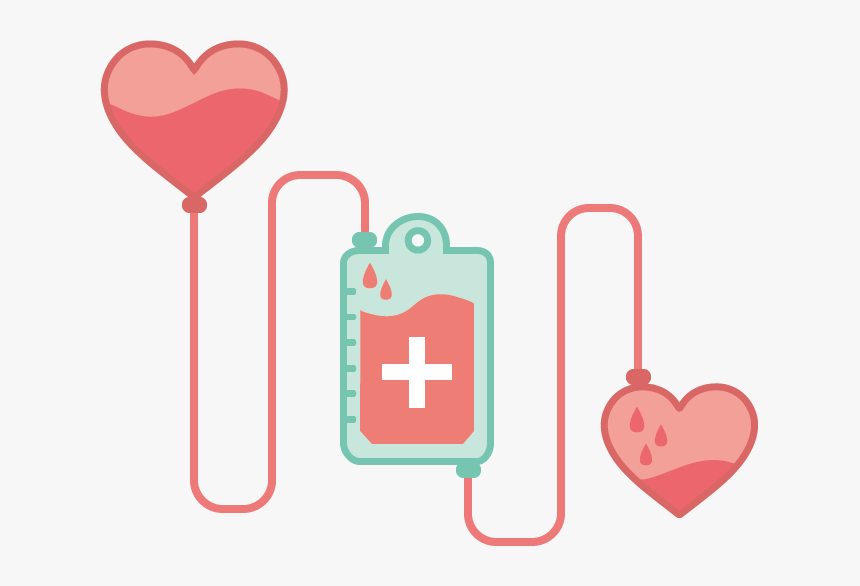- if you are pregnant – to make sure your blood and the blood of your baby are compatible
- if you need a blood transfusion or organ transplant – to make sure the blood you receive from a donor is compatible with your blood
- if you want to donate blood – so doctors know who they can safely give your blood to
A Negative
Why is blood typing done?

Blood typing is done whenever there is a need to know which blood group you have. For example:
Blood typing is also sometimes done in new born babies to test for certain diseases and conditions.
How is blood classified?
Blood is classified into blood groups according to whether certain substances are present or not. These include antigens (types of sugars and proteins) found on the surface of your red blood cells and antibodies (types of protein) which are mainly found in plasma – the liquid component of your blood.
All cells have different combinations of markers or "antigens" on their surface. Our immune system has learned to use these to help distinguish the body′s own cells (self) from foreign bodies (non-self), like bacteria or toxins. Your immune system learns to ignore your own normal antigens, but when it recognises that a foreign antigen has entered the body, it releases antibodies, which attach to the foreign entity and mark it so other parts of the immune system can remove and destroy it.
In the case of blood cells, if your immune system recognises that foreign blood cells (i.e. blood cells that are not your type) have been introduced into your body (such as via a transfusion), it will mount an immune response using antibodies against the foreign cells.
The most common systems used for classifying blood are the ABO blood group system and the Rhesus (Rh) type system.


